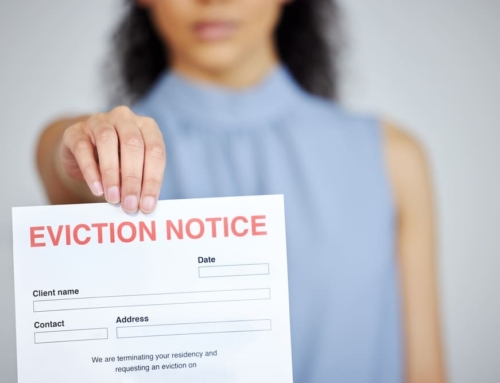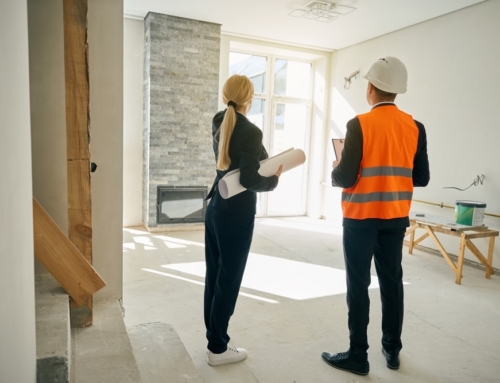Home value protection insurance might not be worth the cost when property prices are the lowest they have been in decades.
Several weeks ago, we were asked a question about whether someone should buy insurance on their property value that would pay off if the value of the property declined. We suggested that buying property value insurance when property prices are the lowest they have been relative to income in decades wouldn’t be a prudent use of resources.
Steve Ryles, CEO of Home Value Protection Insurance begged to disagree. In a long email, he wrote that there is a market for homeowners who “cannot risk losing their equity to an uncertain housing market.”
“You rightly point out that the decision to purchase a home often involves many factors, such as the community, the schools and proximity to work and family. However, for most people, their home is their single largest investment and often represents all, or nearly all, of their net worth. Thus, loss in home value can have devastating effects on a family’s financial well-being. If it is prudent for investors to hedge their stock and bond investments, is it not equally prudent for homeowners to protect their single largest asset?” he asked.
Historically, homeownership has provided the cornerstone of the typical homeowner’s net worth. After living in a home for a considerable period of time, the mortgage is paid down or paid off, and with any luck, the home has appreciated in value.
At least, this is how it used to work. With home values down an average of 30 percent or more (as much as 60 percent in some communities), home values have been rolled back to where they were more than a decade ago. In some communities, homeowners who bought 20 years ago find their homes are worth less than the price they paid for the home.
What companies that sell these sorts of policies would like you to think is that you’re protecting yourself from the downside. In fact, buying such an insurance policy now, when home prices are at historic lows relative to income, seems like a waste to us.
Ryles argues that the fear of losing this asset is exactly why a homeowner should buy home value protection.
“A nationwide survey of U.S. homeowners we conducted in October 2011 found that more than half of respondents (58 percent) rank declines in housing market value as the biggest risk to their home, significantly higher than a fire (15 percent), tornado (9 percent) or hurricane (8 percent). Homeowners insurance only protects the structure in case of fire, wind damage, etc. It does not protect the value of their investment,” he noted in his email.
“Every homeowner becomes a home seller; the only question is when and why. Life events such as a job loss or transfer, marriage, divorce, or other situations can drive the need to sell a home. Given the cyclical nature of the housing market, there is no guarantee the market will be up when someone needs to sell. Waiting until the market recovers is not an option for many people. If the housing market is down, families are unable to gain sufficient equity from the home sale to purchase their next home. Today there are many former homeowners who have become renters because of this very issue,” he added.
Whenever you buy an insurance product, it’s important to understand who the insurance company is and to ascertain the financial condition of the company. This Great Recession has put several insurance companies out of business, or they have eliminated coverage in various states. Heck, the Great Recession almost took down AIG, one of the largest insurance companies in the world.
Ryles argues that his company has invested millions of dollars in a multi-year process to be approved by state regulators. That’s a good start, but it is hardly a promise that this company will be there in 10 or 20 years, when you need to cash in on your policy.
We do agree with Ryles’ bottomline: “There is no easy answer to what the future will hold for America’s hundreds of different local housing markets. Local housing prices have been, and will continue to be, notoriously difficult to predict. Optimistically assuming the investment in our homes will be the reliable source of wealth creation that it was for the last 40 years may unfortunately be just that, optimistic.”
We still believe that there is a role for insurance in our daily lives, but not every action we take requires us to hedge that decision and buy an insurance policy. When many of us have life insurance, health insurance, homeowner’s insurance, dental insurance, vision insurance, long term care insurance, car insurance, and even umbrella insurance, the total cost for these various insurance policy premiums can be one of a family’s biggest line items in the budget.
Buying another insurance policy to cover the possible decline in home values when you might decide to sell your home doesn’t seem quite as important as health or life insurance. If you have an unlimited amount of money, you might decide to spend some here. But if you’re like us, with a fixed budget for insurance, you may make another choice.







Leave A Comment